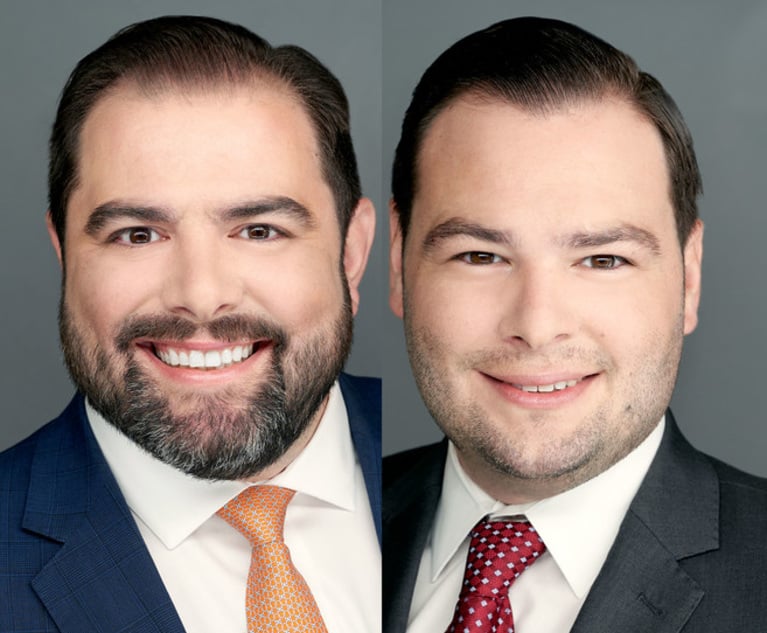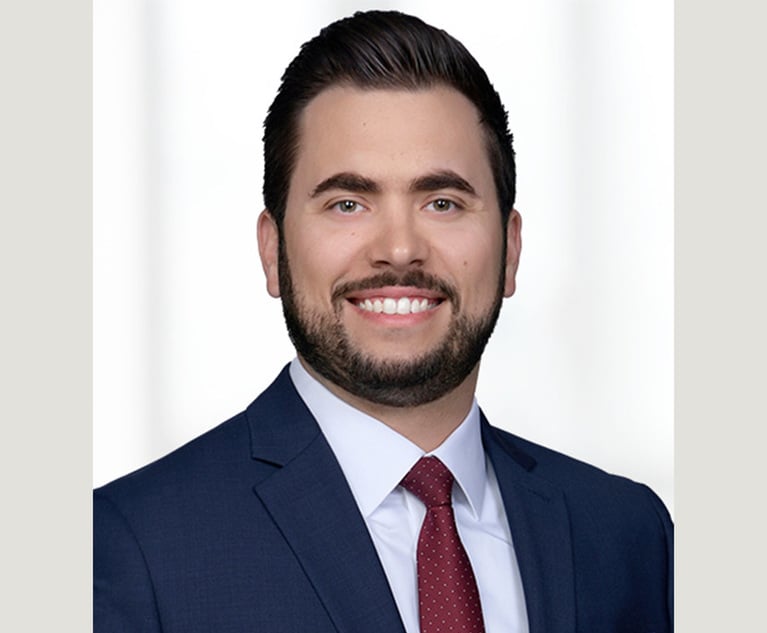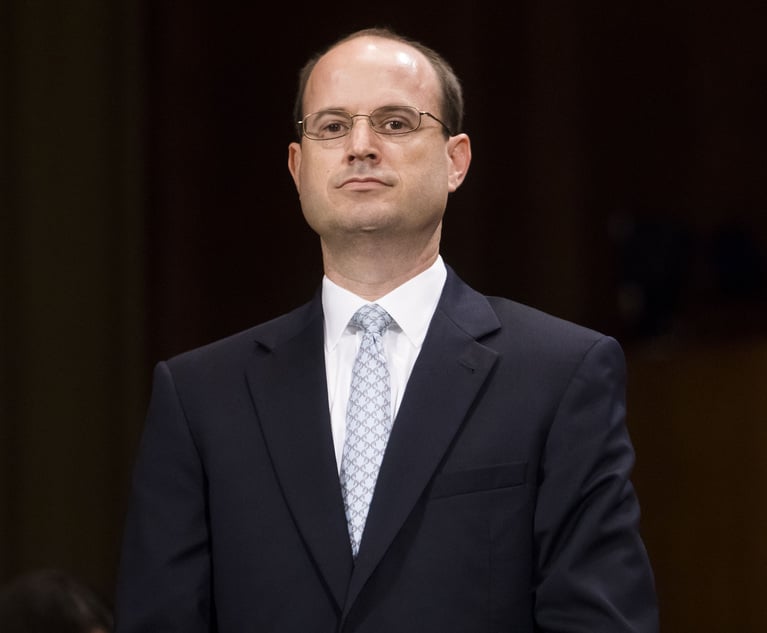In December 2022, Attorney General Merrick Garland himself signed off on a critical memorandum to guide all charging decisions for federal prosecutors throughout the entire country. Called his General Policies Memorandum or the Garland Memo, it signals to federal prosecutors to use discretion, fairness, and an individualized assessment to determine that the charged conduct fits the alleged crime. Importantly, the directive from Garland serves as a strict revocation of the 2000s Ashcroft Memo, which instructed AUSA’s to charge the most serious readily provable chargeable offense, with less consideration of the circumstances. The Garland Memo further instructs AUSA’s to use particular caution when charging offenses, including certain drug offenses, to include mandatory minimum sentences. Thus, the Garland Memo serves as an important policy change to be carefully understood by prosecutors, the defense bar, and others who serve the federal justice system.
The Garland Memo
The Dec. 16, 2022, General Policies Memorandum is grounded in the teachings of Garland’s predecessor, Janet Reno. Indeed, Garland served as a Deputy Assistant Attorney General in AG Janet Reno’s administration and his memo reminds prosecutors that in every case they must conduct an “individualized assessment of the extent to which particular charges fit the specific circumstances of the case, are consistent with the purposes of the federal criminal code, and maximize the impact of federal resources on crime.” Instead of charging a defendant with the maximum sustainable charge, prosecutors are required to consider if the sentencing ramifications yield a result that is “proportional to the seriousness of the defendant’s conduct, and whether the charge achieves such purposes of the criminal law as punishment, protection of the public, specific and general deterrence, and rehabilitation.” Citing the Janet Reno, Bluesheet on Charging and Plea Decisions, at 1-2 (May 1, 1994). While always a common practice before the Garland Memo, Garland now requires that all charging decisions and plea agreements obtain supervisory approval, which ensures such decisions obtain multiple levels of review and are in line with office policy.


 Cary Aronovitz of Holland & Knight. Courtesy photo
Cary Aronovitz of Holland & Knight. Courtesy photo




